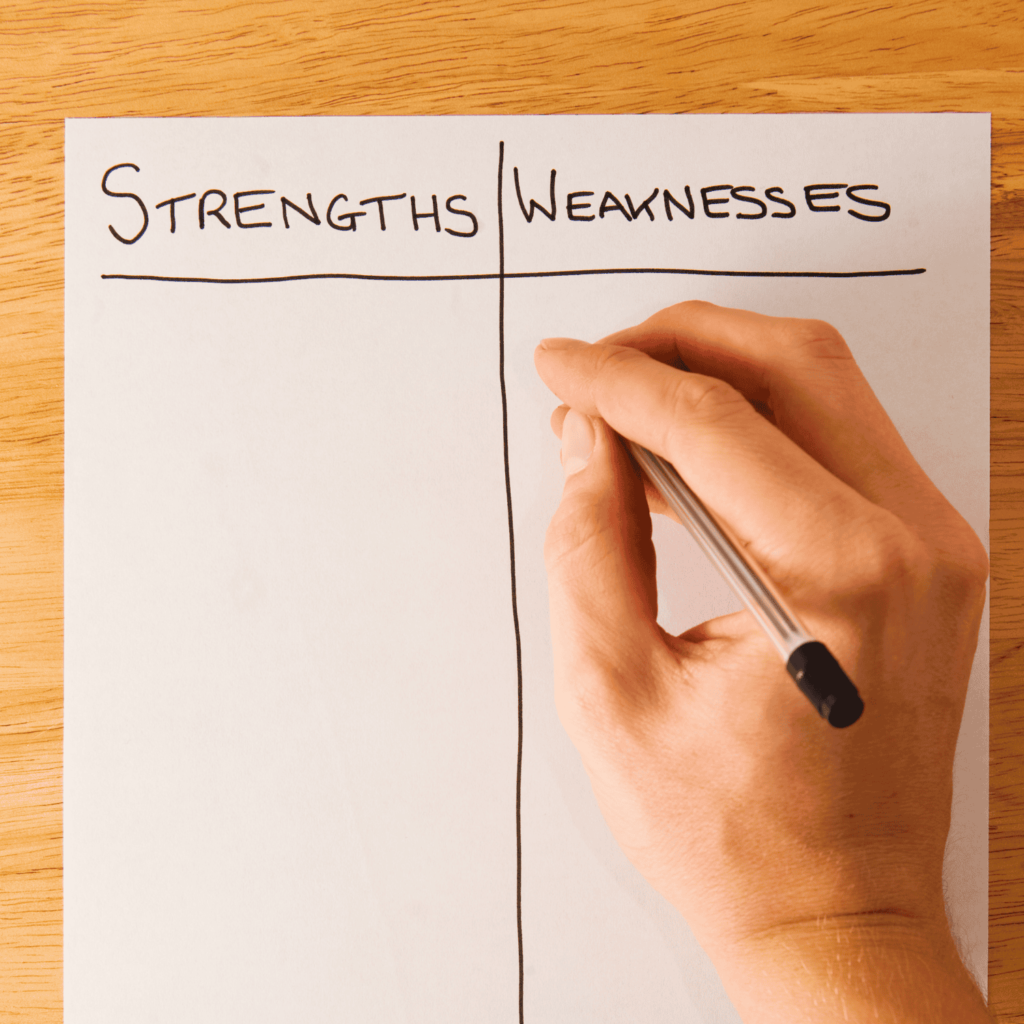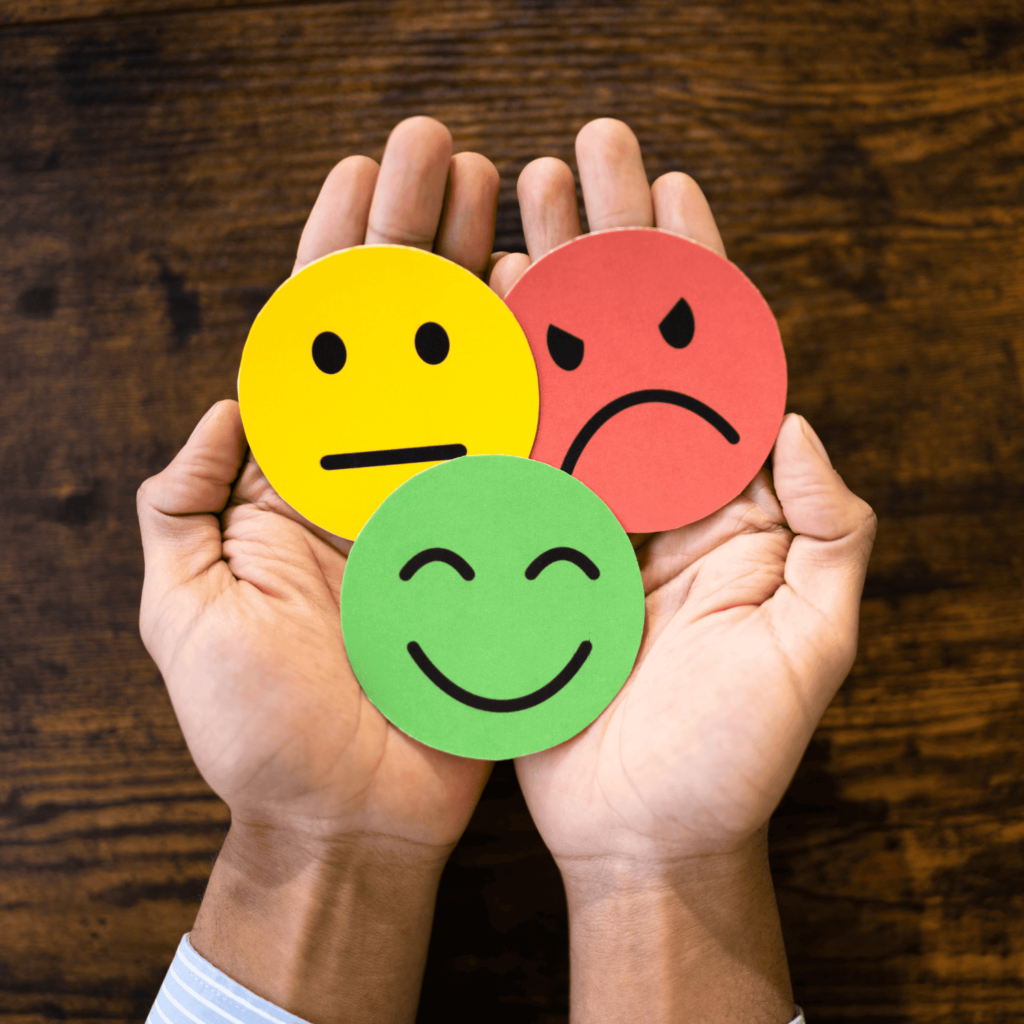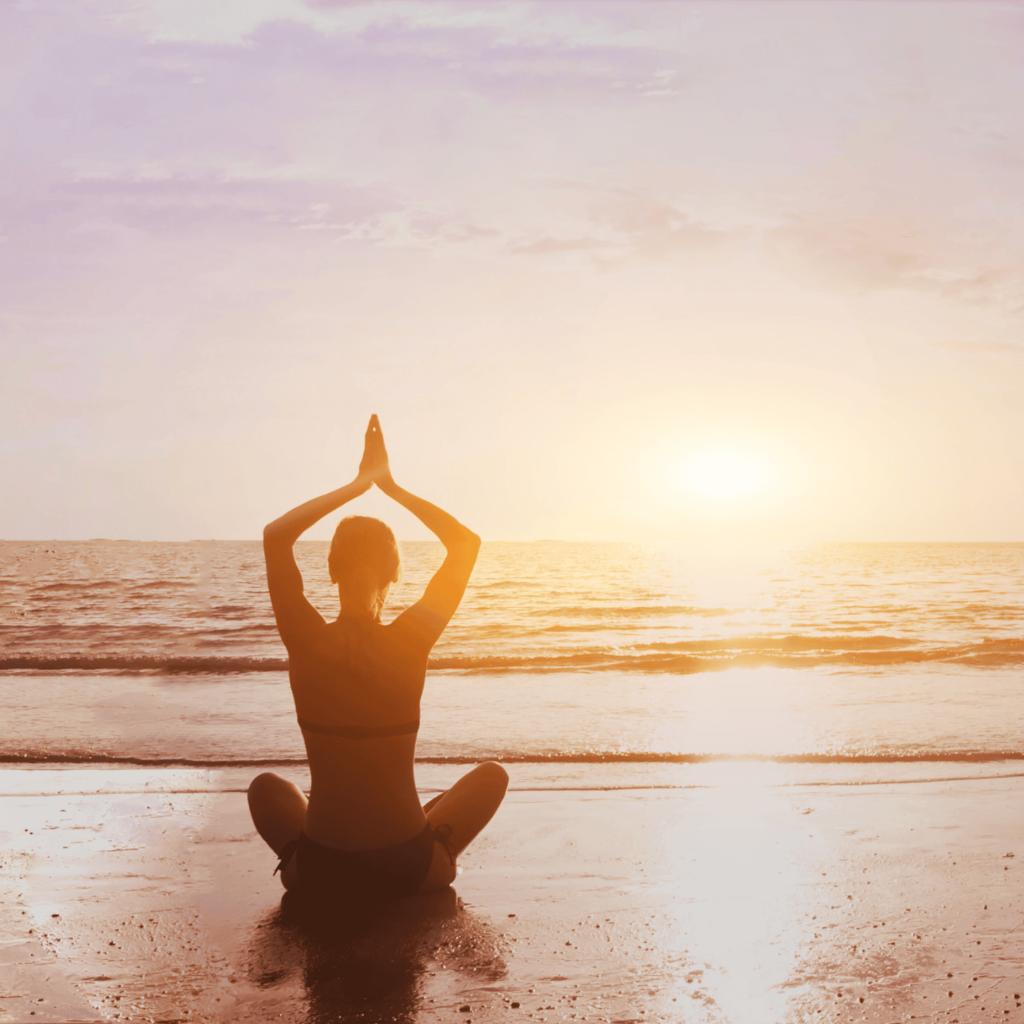Do you ever wonder why some people seem to bounce back from setbacks while others get stuck in a rut? It’s often because of self-awareness. Self-awareness is like having a personal GPS—it shows you where you are and where you can go. Without it, we’re essentially moving through life blindfolded. But with it, we can recognize patterns, identify our strengths and weaknesses, and actively work on personal growth.
What Exactly is Self-Awareness?

Self-awareness is, at its core, the ability to see yourself clearly and objectively. It’s not just knowing what you like or don’t like; it’s understanding your behaviors, emotions, triggers, and the impact you have on others. True self-awareness lets you look in the mirror and ask, “Why did I act like that?” and “What could I have done differently?” It’s the difference between being reactive and being proactive.
As Aristotle put it, “Knowing yourself is the beginning of all wisdom.” Self-awareness is the first step toward making meaningful changes in our lives, whether in relationships, career, or personal habits. It’s a skill that needs consistent effort but pays off in huge ways.
Why Self-Awareness is Key to Personal Growth
You Get to Understand Your Strengths and Weaknesses.
When you’re aware of what you’re good at, you can focus your energy where it counts. Likewise, knowing your weaknesses means you can work on them or find ways to adapt. Imagine a writer who knows they procrastinate. By recognizing that, they can implement strategies to combat it instead of endlessly feeling frustrated.

You Recognize Your Triggers and Patterns.
Self-awareness lets you identify emotional triggers and recurring behaviors. Maybe you get defensive when someone gives you feedback. Noticing that is the first step to responding differently in the future.

It Builds Confidence and Empathy.
Knowing yourself deeply lets you step outside your own head and understand others’ perspectives. The more self-aware you are, the less likely you are to judge yourself harshly or feel threatened by others’ success.

Practical Steps to Improve Self-Awareness

Start Journaling.
Write down your thoughts, feelings, and reactions daily. Journaling helps you spot patterns and reflect on why you felt a certain way. It’s a safe space to be honest with yourself.

Ask for Feedback.
Sometimes we have blind spots that others can see. Ask friends, family, or colleagues for honest feedback. This takes courage but provides valuable insights.

Practice Mindfulness.
Mindfulness is the art of staying present. The more you practice mindfulness, the better you get at observing your emotions and reactions in real time. Take 5-10 minutes daily to sit quietly, breathe, and just observe your thoughts.
Self-awareness isn’t a destination—it’s a journey. And like any journey, it requires patience and persistence. But as you grow more self-aware, you’ll notice positive changes not just in yourself but in your relationships and interactions. Take it from Carl Jung, who said,

So, wake up to who you really are. Embrace your quirks, acknowledge your flaws, and watch how you evolve.





